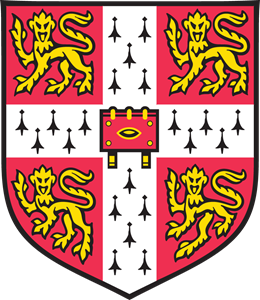Postdoctoral Research 2010-2020
During the past twelve years, I have collected a big archive of Middle Eastern modes and scales (i.e. Maqáms) in the form of scores, recordings and text. The Maqám Encyclopaedia project aims to turn this raw data into a dynamic database where the users can view the overall structure and the relationships between different Maqáms, as well as studying one particular Maqám in detail and compare different renditions of it. Once the platform is made, the database goes live online in the format of an administrator-monitored wiki, where users can submit more entries and samples, which will be added to the database after being reviewed by the administrators.
The collection includes recordings, scores and books and articles about the various schools and traditions within Persian musical traditions. I am using an assistant in the UK and one in Iran to tag the data as it is collected. The raw data is analysed and categorised according to its source, media type, related topics, cultural and linguistic root and many more categories that allow a multi-dimensional relationship between data. This means that unlike the traditional categorisation method, which varies from culture to culture or in different historical periods, the musical modes and melodies can be explored in any desired way. The views can vary from all the references to the melody known as “Oj” (peak, climax) in Hafiz’ poetry to the map showing geographical distribution of Kurdish dance rhythms in the region.
For centuries, much of Middle Eastern music has been taught using aural methods. Because of the improvisatory nature of this music, a universal notation system was never established and musicians did not write and document their work. After the introduction of Western notation, invention of recording technologies and the beginning of ethnomusicological, various accounts of Middle Eastern modes and songs where made. The discrepancies between different versions of the same material resulted in confusion and repetition in naming and classification of the musical material. Different schools of improvisation refer to the same phenomenon using different terminology or use the same word to describe different objects. There is a dire need for a comparative and comprehensive reference on Middle Eastern musical Maqáms.
The technology used for the project is MediaWiki, the engine behind many online encyclopaedias, such as Wikipaedia, itself. Copyright consent for partial or complete display of scores, books and recorded material has been obtained with the main publishers and Mahoor Institute of cultural Studies and Iran Music Associations are happy to help us with online linking to their resources and products on websites and services such as iTunes, Amazon, etc. My undergraduate studies were in Computer Science and I have created the database and the interface from scratch. I will continue to act as the web and database administrator, as well as the chief editor of the project in the future.
As an ethnomusicologist and composer, I have been fascinated by the differences in each performance of a given mode and have studied different schools’ and tribes’ approach to the same material. Improvisers master the fundamental techniques of variation and ornamentation in order to renew the material and make it their own. On the other hand, for learners, beginners and researchers, there is no way to identify each musical subject using the same reference. One of the main objectives in my postdoctoral research on “Compositional Methods in the Middle Eastern Improvisation” at the Faculty of Music has been to study the similarities and differences between different renditions of the Middle Eastern Maqáms. Lack of a comprehensive and comparative reference is felt much more as interest and depth of research increases in this field of Ethnomusicology. I believe with my background as a Computer Science graduate, with an MMus and PhD in Music, I can put my knowledge of the two fields in practice by creating a dynamic database of Middle Eastern Maqáms, represented in the form of an online encyclopaedia.

